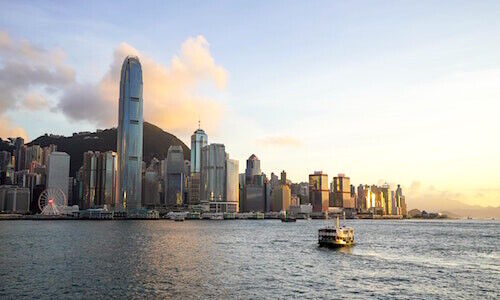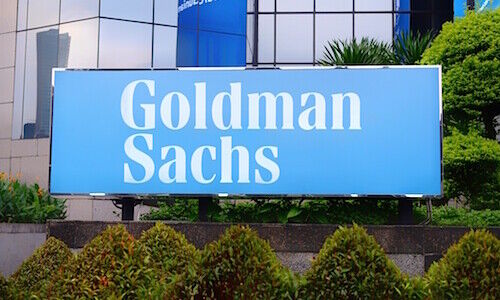Hong Kong Tests Resilience of Global Connectivity
Hong Kong authorities made no surprises by unveiling a shortened quarantine for inbound travelers. Financial industry leaders want such curbs scrapped altogether. 2022 could be a watershed year, illustrating the new norm for the city’s future as a global hub.
Earlier today, the Hong Kong government announced the shortening of quarantines for inbound travelers from seven days to three days followed by a four-day period of medical surveillance. Authorities also introduced a China-styled color-based health system to be used during the four days which will include restrictions to certain premises deemed high risk.
The new rules fell in the high end of the range of reports that local authorities were planning to reduce the hotel quarantine to three, four or five days.
Positive Signs
Although the reduced quarantine is unlikely to draw enthusiastic cheers, especially from a business community which has been operating in reopened markets elsewhere, there are positive signs from Hong Kong authorities.
During the media briefing today, chief executive John Lee repeatedly stated the need for the government to strike a balance between controlling health risks and the resumption of normal activities. This contrasts with the previous administration under Carrie Lam who placed a strong emphasis on the strict zero-Covid policy stance and stated that the loosening of border controls would likely not occur during her term.
Last month, newly appointed health chief Lo Chung-mau even floated the possibility of quarantine-free travel by November – in time for the Hong Kong Monetary Authority’s (HKMA) planned banking summit – citing President Xi Jinping's directive for Hong Kong to «maintain its own uniqueness and strengths».
Finance's Red Line
Yet while Hong Kong authorities point to the possibility of quarantine-free travel as a sign of optimism, the financial sector is increasingly underlining this as a prerequisite.
On HKMA’s summit scheduled for November 1 and 2, a number of global banks have been in talks with the central bank’s officials and underlined that their top executives will reportedly only attend if they are allowed to enter the city without quarantine. Asset managers are also aligned with the view, with the Hong Kong Investment Fund Association (HKIFA) – an industry group representing firms with more than $52 trillion in assets under management – readying a proposal for the government to consider putting an end to quarantines.
HKMA Summit Deadline
In 2022, the resilience of Hong Kong's international connectivity will be tested once again as the city faces a difficult balancing act between maintaining its zero-Covid policy while reopening to the international world as well as mainland China.
If quarantines for arrivals aren’t scrapped, Hong Kong could risk a reputation hit from a summit without CEOs from global banks such as Morgan Stanley, Goldman Sachs and UBS which have all reportedly been informally invited. There is also the option of a one-off exemption which was previously used by actor Nicole Kidman and J.P. Morgan chief Jamie Dimon in 2021, though there is the risk of refueling public discontent for the unpopular move.
Operational Norm
But even if optics are well handled and attendance at the summit is successful, Hong Kong still needs to address the day-to-day needs of financial institutions which will naturally continue to attempt to optimize their operations, via other locations if needed though this is far from ideal especially for accessing the mainland Chinese market.
«It cannot be a norm for major business executives or investors to skip Hong Kong in their Asia trips because of quarantine requirements,» said HKIFA chairman Nelson Chow Kin-hung. «To maintain [Hong Kong’s] status as an international financial center, we need to be true to the label and be international. The ability to travel unfettered internationally is a basic prerequisite of an international financial center.»




























